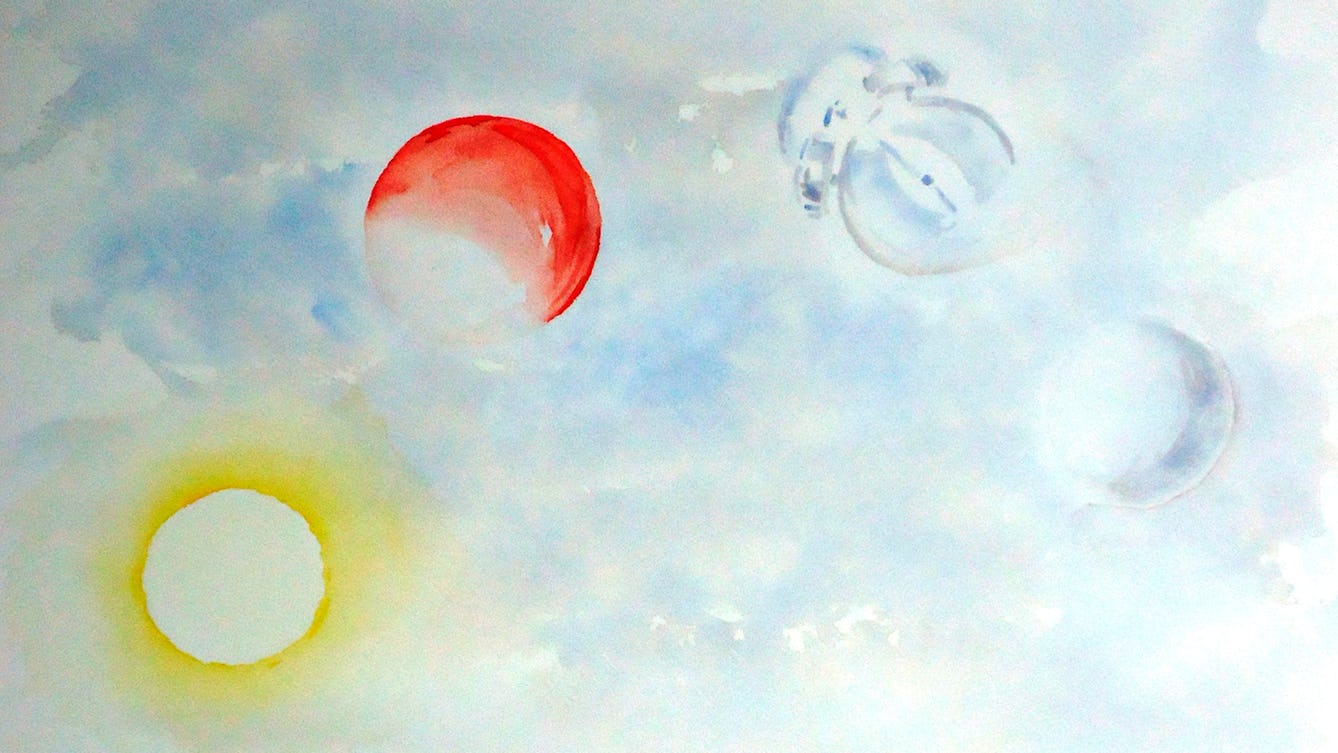
- Book extract
- Book extract
“It wasn’t an accident that I came to you”
Douglas meets psychoanalyst Susie Orbach for a follow-up session, ahead of delivering a difficult verdict.
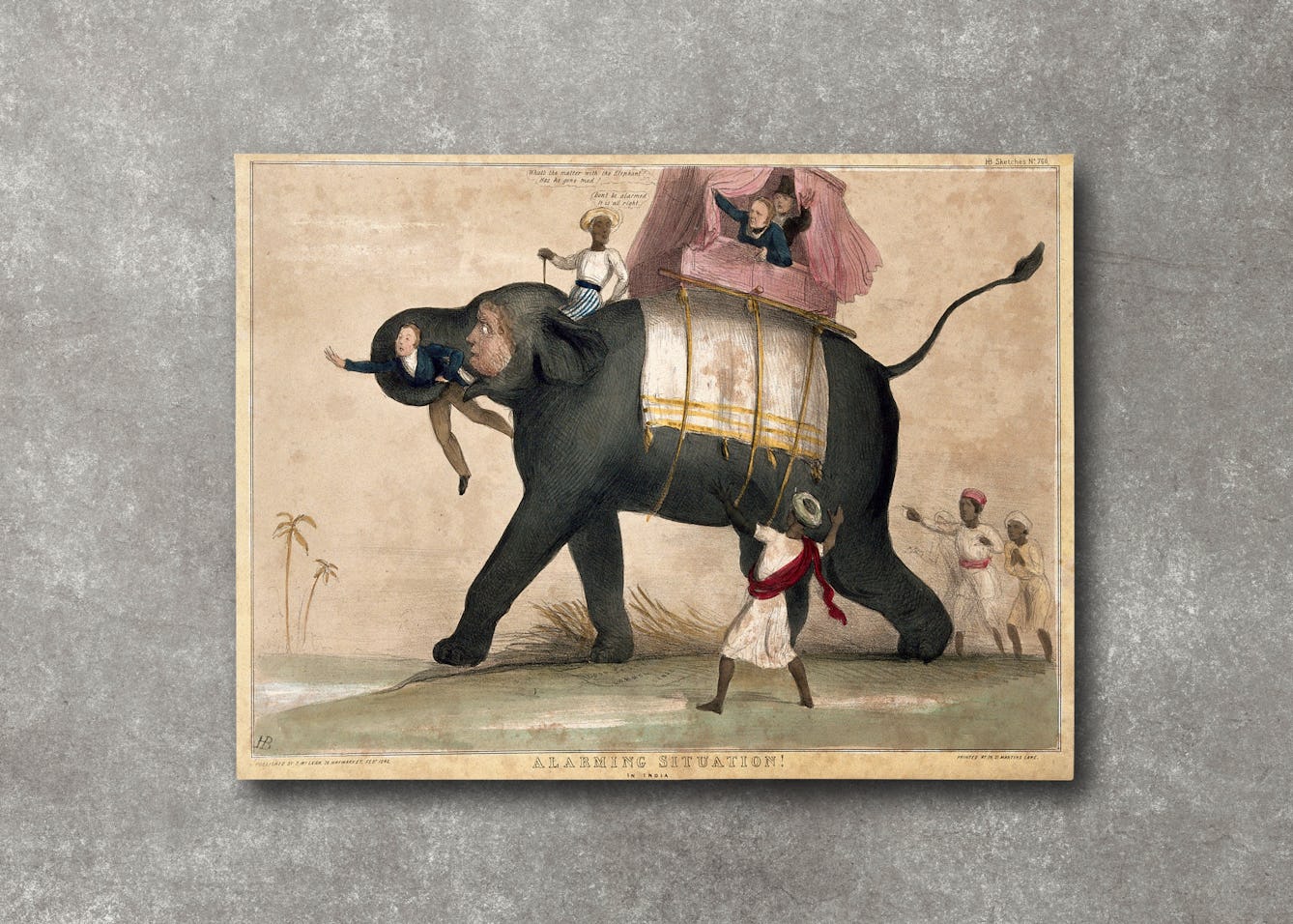
- Article
- Article
Aphasia and drawing elephants
When Thomas Parkinson investigated the history of “speech science”, he discovered an unexpected link between empire, elephants and aphasia.

- Article
- Article
Why “crazy cat ladies” are healthier than you may think
Writer Erica Crompton ponders the reasons behind the misogynist “crazy cat lady” trope, and reclaims cat ownership as a positive way to help restore mental equilibrium.
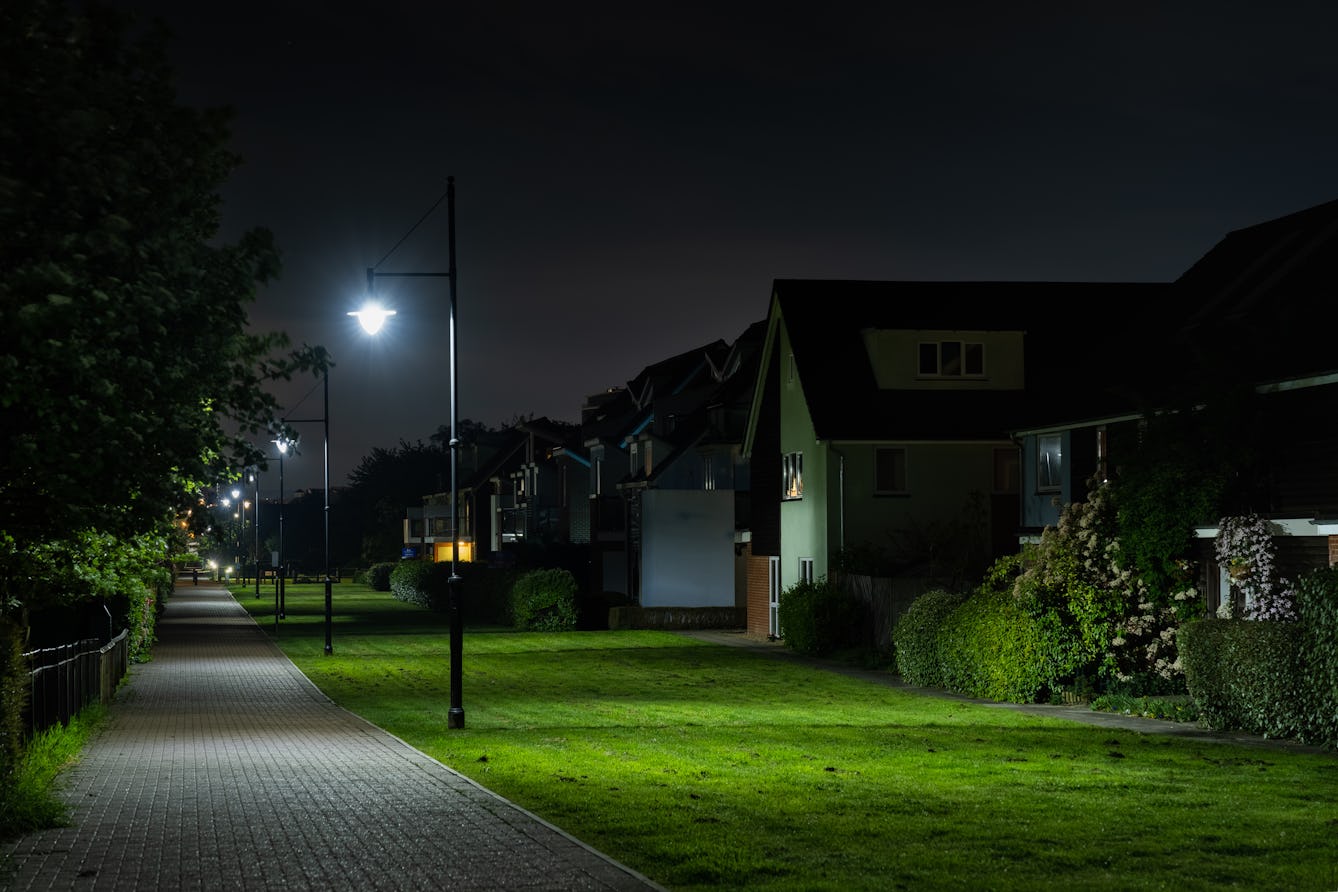
- Long read
- Long read
Our complicated love affair with light
Sunlight is essential, but our relationship with artificial light is less clear cut. It expands what’s possible; it also obscures and polices. In this long read, Lauren Collee pits light against night, and reveals the shady places in between.

- Article
- Article
Maladaptive daydreaming, gender myths and me
Can you daydream too much? Excessive daydreamer Laura Grace Simpkins reflects on studies into “maladaptive daydreaming” and asks why so few fellow dreamers seem to be men.
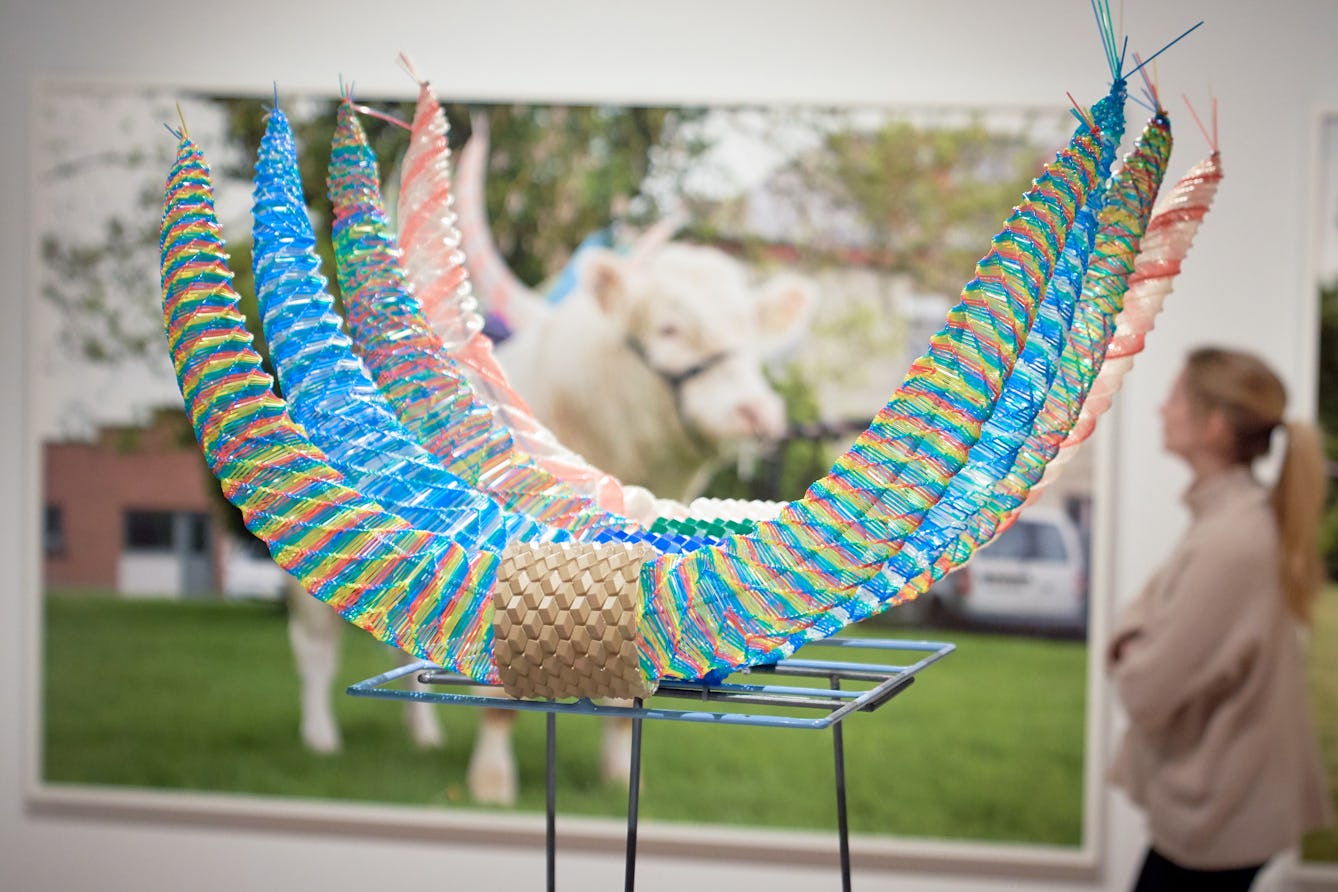
- Article
- Article
Maria McKinney on ‘Sire’
All my grandparents were farmers; I grew up in the countryside surrounded by farms and helped neighbours herd sheep and cattle into the field. My body of work called ‘Sire’ looks at the genomics of modern cattle breeding.

- Article
- Article
How depression ruined my relationship with sleep
One reaction to depression is a craving for sleep, creating a dependence that can provoke guilt and anxiety. Emerging from “five blurry years”, one writer tracks her steps to better health.

- Article
- Article
Can our sexual desires be transformed?
In the 1950s, many psychiatrists thought that homosexuality could be reformed. One found that it couldn’t – and his discoveries led to a change in the law.
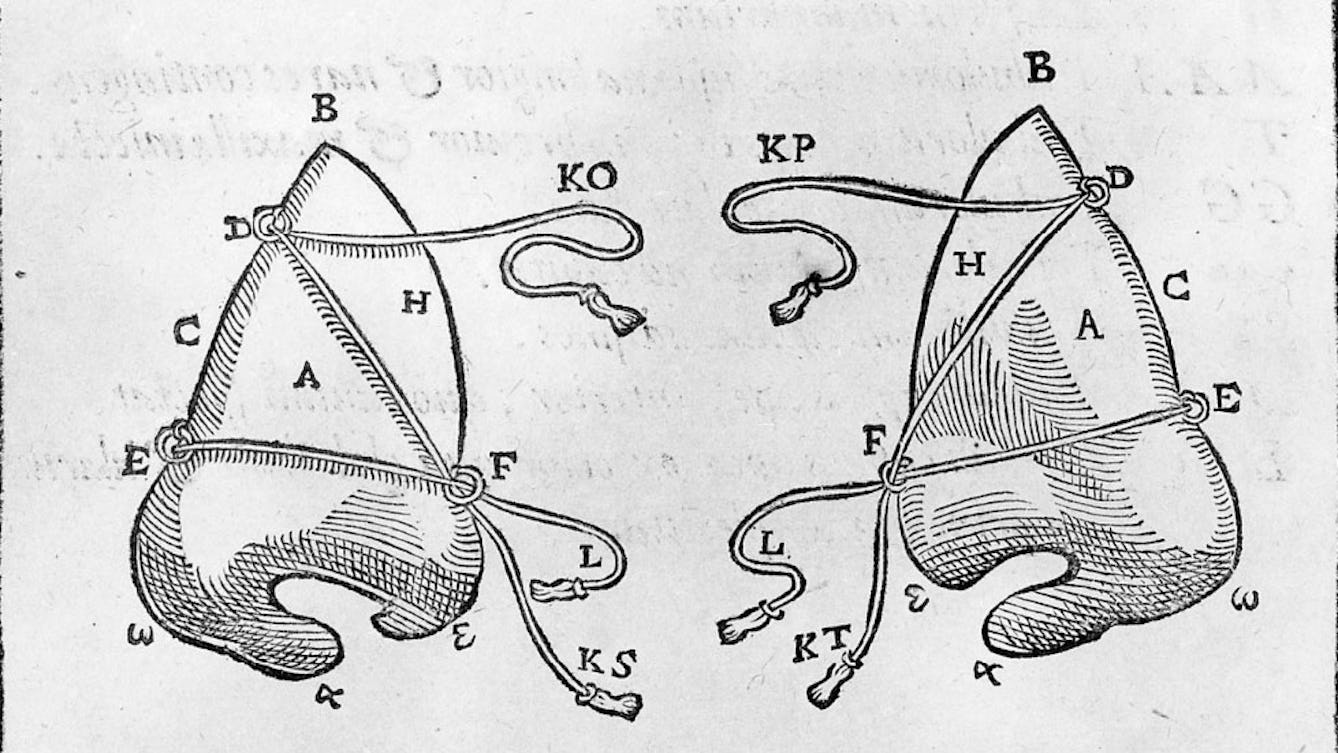
- Book extract
- Book extract
My important, ridiculous nose
The nose is a much-maligned appendage, but it’s a powerful organ capable of invoking powerful emotions from past memories and sexual attraction.

- Interview
- Interview
How to design an HIV awareness campaign
Using carefully crafted, colourful graphics is one public health team’s creative approach.

- Article
- Article
When self-deception becomes global hoax
Being deceived isn’t always a case of believing someone else’s lie. Experiments have shown that many of us can be manipulated into accepting our own fictions as true.

- Article
- Article
How ritual creates meaning
In a world that encourages us to quash our sense of wonder, ritual can help push away apathy and nurture life-enhancing creativity and imagination.

- Photo story
- Photo story
My body, my hair
To depilate or not to depilate? Farah Esset and Eden Rickson share a collection of personal pictures and stories that explore the intimate interplay between body hair and identity.

- Article
- Article
Audrey and her family
In working on Audrey Amiss’s archive, Elena is getting closer to understanding her. But the way her niece and nephew remember Audrey adds essential detail to the picture.

- Article
- Article
How your hairdresser could save your life
Barbers and hairdressers have a unique view of us – one that means they can spot potentially dangerous health problems. Find out how buzzcuts can lead to blood-pressure checks, and dip-dyes show the way to the dermatologist.

- Article
- Article
Can isolation lead to manipulation?
Military-funded researchers wanted to know if isolation techniques could facilitate brainwashing. One neuroscientist suggested that it might improve our own control over our minds.